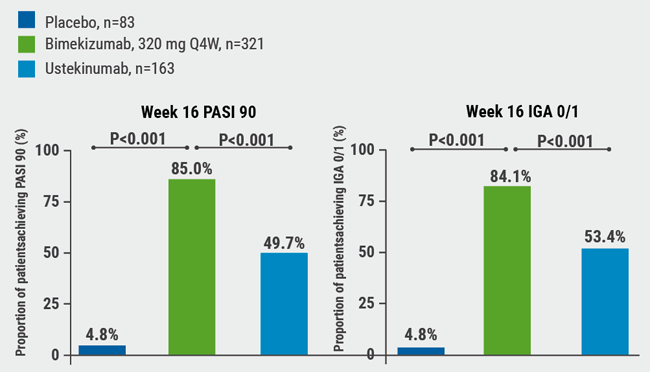In daily practice, spironolactone is often used off-label for the treatment of androgenetic alopecia in women. The agent exerts competitive blockade on androgen receptors in target tissues. It has been shown to arrest hair loss progression; a significant percentage of women even achieve partial hair regrowth [2]. However, limited data is available on its safety in breast cancer survivors. Due to its estrogenic effects, a potential risk for promoting cancer recurrence has been discussed. To clarify this issue, the authors performed a retrospective analysis using the Humana Insurance database.
Breast cancer survivors were identified using ICD-9/10 codes and divided into cohorts by spironolactone prescription. Patient demographics and comorbidities were compared and analysed. Cohorts with and without spironolactone use were further matched using propensity score analysis to assess breast cancer recurrence. This statistical method allows one to design and analyse an observational study so that it mimics some of the characteristics of a randomised controlled trial. The primary outcome was breast cancer recurrence within 2 years.
Included in the analysis were 29,146 females with a previous history of breast cancer, 746 were prescribed spironolactone compared with 28,400 non-users. In the matched cohort 16.5% of spironolactone users compared with 15.8% of non-users had a recurrence of breast cancer (P=0.779). As suspected, spironolactone use was not associated with cancer recurrence. Previous studies have already shown that spironolactone does not affect hormone levels (i.e. oestrogen, progesterone, testosterone) and does not increase the risk of breast cancer in non-cancer patients [3]. In addition, its use did not increase the risk for primary breast and gynaecologic cancers in normal patients [4].
Thus, the authors concluded that spironolactone can be considered a viable treatment option in the armamentarium for hair loss in breast cancer survivors. However, future prospective studies with longer duration should be performed to confirm these results.
- Wei C, et al. P15809, AAD Virtual Meeting Experience, 12-14 June 2020.
- Rathnayake D, Sinclair R. Dermatol Clin. 2010;28(3):611-618.
- Rozner RN, et al. Breast Cancer Res Treat. 2019;174:15-26.
- Biggar RJ, et al. Cancer Epidemiol. 2013;37:870-875.
Posted on
Previous Article
« Baricitinib beneficial in head and neck AD Next Article
Selective IL-23 blocker safe in elderly psoriasis patients »
« Baricitinib beneficial in head and neck AD Next Article
Selective IL-23 blocker safe in elderly psoriasis patients »
Table of Contents: AAD 2020
Featured articles
Late-Breaking Abstracts
IL-17A and IL-17F blockade remarkably effective in psoriasis
Good response and pruritus reduction in AD with novel selective JAK1 inhibitor
Novel IL-23 blocker risankizumab highly effective and tolerable in psoriasis
Tape stripping – a painless way to distinguish AD and psoriasis?
IL-4/IL-13 blocker dupilumab effective in children with severe AD
Pembrolizumab leads to higher toxicity risk in obese melanoma patients
Can gene expression help to pick the right biologic to treat psoriasis in cancer patients?
Omalizumab for cancer-induced dermatoses
Psoriasis – What Is Hot?
Psoriasis therapy for children and pregnancies
Biologic psoriasis treatment to lower cardiovascular risk?
Systemic Therapies for Dermatologists
How to manage cutaneous side effects of immunotherapy
Cannabinoids: a future role in dermatology?
Hidradenitis Suppurativa/Acne Inversa
Biologics in HS – a growing armamentarium
Pearls of the Posters
Selective IL-23 blocker safe in elderly psoriasis patients
Spironolactone safe for androgenetic alopecia in cancer survivors
Baricitinib beneficial in head and neck AD
ECLIPSE trial: skin clearance independent of PsA status at baseline
Related Articles

August 6, 2020
IL-17A and IL-17F blockade remarkably effective in psoriasis
© 2024 Medicom Medical Publishers. All rights reserved. Terms and Conditions | Privacy Policy
HEAD OFFICE
Laarderhoogtweg 25
1101 EB Amsterdam
The Netherlands
T: +31 85 4012 560
E: publishers@medicom-publishers.com

